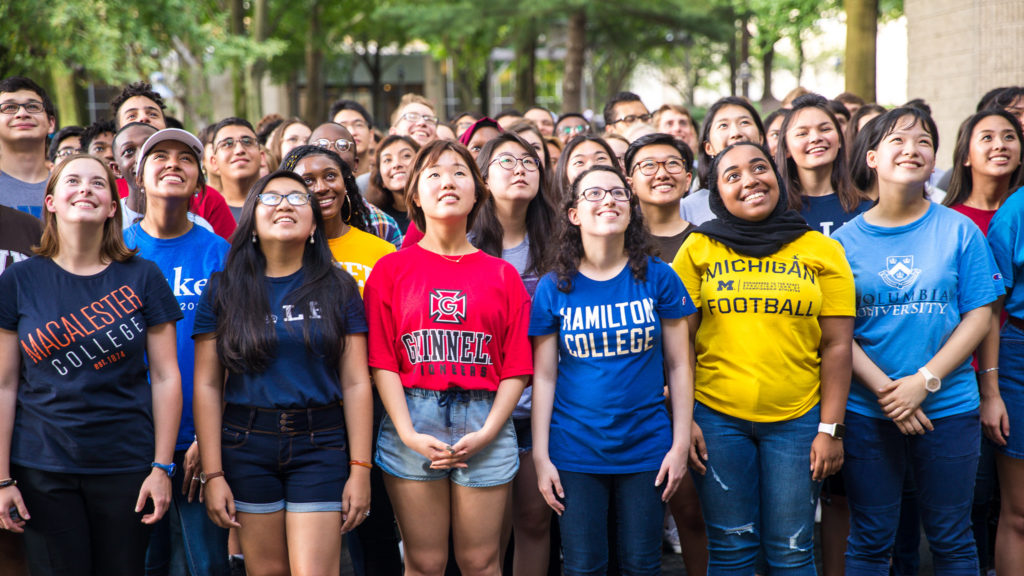College Affordability, Housing Insecurity, and Meeting Basic Needs

October 5, 2018 – Here’s our weekly roundup of education news you may have missed. School districts seek to improve outcomes for students with financial need. Higher education coverage examines rising tuition and supporting students’ basic needs.
Receive the Cooke Chronicle each week in your inbox: Subscribe here.
High-achieving high school seniors can now apply for the Cooke College Scholarship Program and the Cooke Undergraduate Transfer Scholarship is accepting applications from community college students preparing to transfer to a four-year institution. Both programs provide up to $40,000 per year, as well as ongoing advising and access to the thriving Cooke Scholar community.
Elementary & Secondary Education:
- In The High Flyer, a collaboration between the National Association for Gifted Children and the the Thomas B. Fordham Institute, Brandon L. Wright writes that “identifying and serving a more diverse set of students is just the start” of closing excellence gaps within school districts.
- In the nation’s “most economically segregated city,” the San Antonio Independent School District chose to integrate schools by income. The 74 describes the emerging outcomes for students.
- The number of students experiencing homelessness in Washington state has nearly tripled over the past decade, reports The Seattle Times. The article shares new findings that confirm the impact of housing insecurity on students’ above-average suspension rates and below-average rates of graduation and attendance.
Higher Education:
- In The New York Times, Susan Dynarski outlines the differences between pursuing income-based diversity and affirmative action at elite institutions. Dynarski’s column and Alia Wong’s article in The Atlantic both propose increasing the number of seats offered to incoming freshman at selective colleges and universities.
- “If a student is failing, it’s because we didn’t have the right process and policy or person in place,” says Amarillo College President Russell Lowery-Hart. Inside Higher Ed covers the recent #RealCollege conference, where higher education leaders, including Lowery-Hart, convened to share research and best practices for meeting their students’ basic needs.
- The Center on Budget and Policy Priorities reports on how state divestment in higher education has contributed to increases in the published tuition prices of four-year colleges: “Tuition jumped 36 percent between the 2008 and 2018 school years, while real median income grew just over 2.1 percent.”
- Following the implementation of the Rhode Island Promise last fall, retention at the Community College of Rhode Island has increased, states the Providence Journal. The state may also see more high-achieving students with financial need if a new initiative is successful. The Rhode2College Program will allow students from low- to moderate-income households earn up to $2,000 as they complete college preparation milestones.
Cooke Foundation Highlights:
- Cooke Scholar Amy McMillen shares advice on finding your path from college to career in an interview with Radify Labs.
- The proposal deadline for our Good Neighbor Grants program is less than a month away! Nonprofit organizations in the metropolitan Washington, DC area have until November 1, 2018 to apply for up to $35,000 in funding. These grants can support the establishment of new programs or the enhancement of existing initiatives that support high potential, low-income students.
Social Media Spotlight:
Photo header: A cohort of Cooke Scholars gathers for a group photo at the Foundation’s 2018 Scholars Weekend.